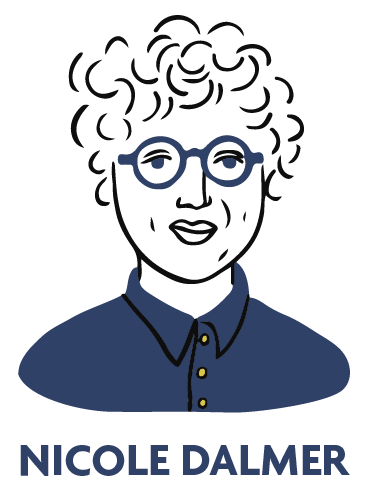Welcome
Hello there and welcome!
As you’ve participated in our study “Aging in Place with Public Libraries”, we wanted to give you an update of what we’ve been up to since we last spoke. We’ll be using this space to provide updates about talks, publications, and any other news of note! If you have any questions or comments, don’t hesitate to reach out using the “contact us” portion of this site - we would love to hear from you!
In the first phase of our study, we took an indepth look at 25 Ontario public library systems’ websites to figure out what programming was being offered to older adults in the months following the onset of the COVID-19 pandemic. Observations from analyzing 640 programs for older adults illuminated themes related to visibility, technology and social connection. We have since had the pleasure to share our findings at both the 50th Annual Scientific and Educational Meeting of the Canadian Association on Gerontology in October 2021 and the Ontario Library Association Super Conference 2022 in February 2022 (both virtual). If you would like to learn more about this phase of the project, look out for our article, “The Public Library as Social Infrastructure for Older Patrons: Exploring the Implications of Online Library Programming for Older Adults During COVID-19” in the October 2022 issue of the Library and Information Science Research journal. We’ll provide an update when this article is available.
We are so grateful to the 51 participants who volunteered their time to share their experiences with and relationships to their public library. Since wrapping up our interviews (the second phase of our study), we have been hard at work reading (and re-reading) the transcripts and reflecting on and analyzing the meaningful insights that you shared with us. We are particularly interested in the reactions of older adult library patrons to age labels and language (e.g. older adult, seniors, adult, elderly) used by the library to identify its programming. Our interviewees provided their unique perspectives into which age label(s) best (or least) suited their sense of identity. Our initial analysis revealed that most interviewees expressed a preference for the term “older adult” to “senior”. Other participants stated they had no strong preference, as long as they felt heard and valued. We are excited that in October of this year we will be traveling to Regina, Saskatchewan to present the findings of this second phase of our study, “’It's Just With ‘Senior’ - The Thing Is, I Don't Feel Like I'm 68’: Older Adults’ Opinions on Age Labels in the Library” at the 51st Annual Scientific and Educational Conference of the Canadian Association on Gerontology. We also plan to write up two publications from this particular portion of the interview - one for other researchers and one for public library workers.
We look forward to phase 3 of our study later this Fall when we will interview Ontario library staff to complement the scan of library programming for older adults in Ontario and our interviews with library patrons.
We are excited to continue to share updates on this project with you. Please check back here for more blog entries.
Dr. Nicole Dalmer, PhD
With a background in Library and Information Science, Nicole’s SSHRC and AGE-WELL funded-work resides at the intersection of information and care, studying how aging in place contexts, assumptions surrounding digital literacies, and evolving family responsibilities shape who is able and who is expected to be informed in care relationships. Other ongoing projects include an international collaboration examining the impact of digital infrastructures on feelings of connectedness in later life as well as an investigation into the role of community infrastructures (including public libraries) in mitigating older adults’ experiences of social isolation.


